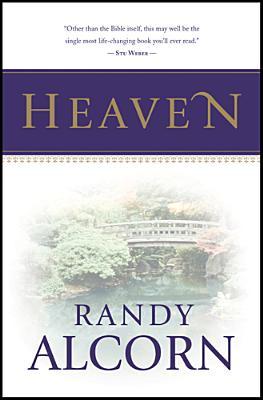5 out of 5 stars *****
| A pleasant surprise that breaks one's heart once the homeless children accounts are read in Sister Mary Rose McGready's book, Sometimes God Has A Kid's Face. The author includes the writings of the Covenant House's temporary residents, wayward children and teenagers in America, who find themselves abused at home and then in the streets. This small book is an educational tool for those who are unaware of the tragedy growing in cities in Latin and North America, homelessness of a most vulnerable population who need love and kindness to have a chance at simply coping in today's world. Not every story has a happy ending but every youngster taken in by the Covenant House is privy to hear the Word of God, the Gospel, and have their basic needs met. Each resident leaves with a healthier, cleaner body and a rejuvenated soul. The Covenant House does depend on donations to survive and asks for the public's generosity so they can continue on their mission of caring for these dependent, fearful, and rejected young individuals. This mission extends into the source of the problem, the family; therefore, the last chapter of the book is a Family Survival Guide which teaches morality, coping mechanisms with children and teenagers, and what signs point to needing professional intervention. Every story is unique in the details but similar in basic human needs lacking in the lives of these poor and innocent. |

